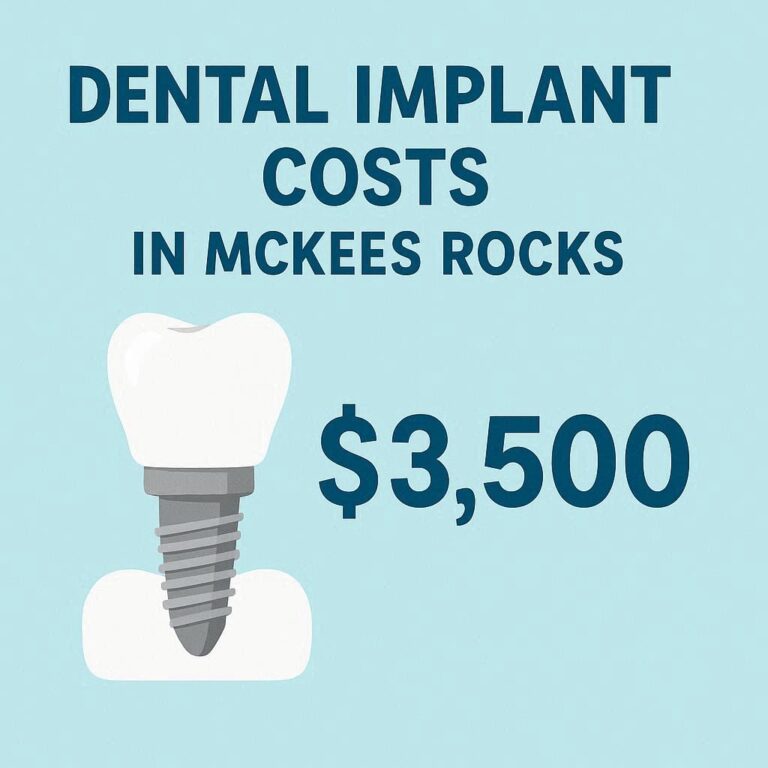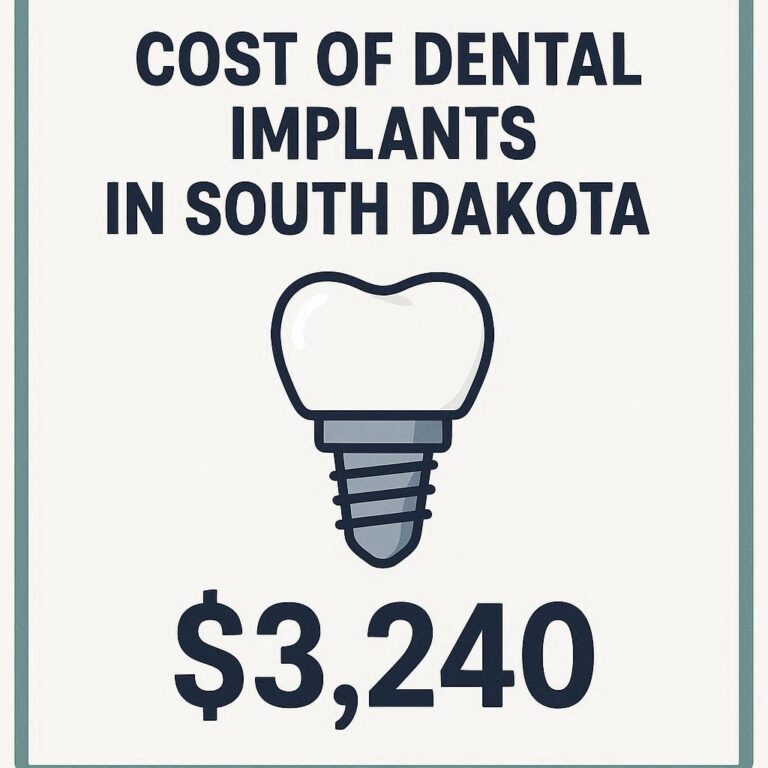Free Dental Implants with Medicare: A Comprehensive Guide
Dental implants are a revolutionary solution for missing teeth, offering durability, functionality, and a natural appearance. However, their high cost—often ranging from 3,000 to 6,000 per implant—makes them inaccessible for many seniors and low-income individuals. A common question arises: Does Medicare cover dental implants?
Unfortunately, Original Medicare (Part A and Part B) does not typically cover dental implants, as it excludes most routine dental care. However, some Medicare Advantage (Part C) plans may offer partial coverage, and alternative assistance programs can help reduce costs.
This exclusive, in-depth guide explores all possible avenues for obtaining free or low-cost dental implants through Medicare, Medicaid, nonprofits, and other programs. Whether you’re a senior, a veteran, or someone struggling with dental costs, this article provides actionable steps to help you restore your smile affordably.

2. Understanding Dental Implants
What Are Dental Implants?
Dental implants are titanium posts surgically placed into the jawbone, acting as artificial tooth roots. A crown is then attached, providing a permanent, natural-looking replacement for missing teeth.
Benefits of Dental Implants
✔ Prevents bone loss (unlike dentures)
✔ Restores chewing function
✔ Long-lasting (20+ years with proper care)
✔ No slippage or discomfort (compared to dentures)
Types of Dental Implants
-
Endosteal Implants (most common, placed in the jawbone)
-
Subperiosteal Implants (for patients with insufficient bone density)
-
All-on-4 Implants (full-arch restoration with fewer implants)
3. Does Medicare Cover Dental Implants?
Original Medicare (Part A & Part B)
-
❌ No coverage for routine dental care (cleanings, fillings, extractions).
-
❌ No coverage for dental implants (considered elective/cosmetic).
-
✅ Limited exceptions if implants are medically necessary (e.g., after jaw reconstruction due to cancer).
Medicare Advantage (Part C)
Some Medicare Advantage plans offer additional dental benefits, including:
✔ Partial coverage for implants (varies by plan).
✔ Discount programs with participating dentists.
✔ Annual maximum limits (e.g., 1,000–2,000 per year).
Limitations and Exclusions
-
Most plans do not cover full implant costs.
-
Pre-authorization may be required.
-
Waiting periods may apply.
4. Alternative Options for Free or Low-Cost Dental Implants
Medicaid Dental Coverage
-
Varies by state—some cover implants if medically necessary.
-
Income limits apply (typically for low-income individuals).
Non-Profit Organizations and Charities
-
Dental Lifeline Network (for seniors & disabled individuals).
-
Mission of Mercy (free dental clinics).
Dental Schools & Clinical Trials
-
Reduced-cost implants performed by supervised students.
-
Research studies offering free implants (check ClinicalTrials.gov).
Veterans Benefits
-
VA Dental Care may cover implants for qualifying veterans.
5. How to Qualify for Free or Low-Cost Dental Implants
-
Low-income eligibility (proof of income required).
-
Medical necessity documentation (e.g., jawbone deterioration).
-
Veteran or disability status.
6. Step-by-Step Guide to Applying for Coverage
-
Check Medicare Advantage plans for dental benefits.
-
Apply for Medicaid if eligible.
-
Contact nonprofits (e.g., Dental Lifeline Network).
-
Explore clinical trials or dental schools.
7. Common Myths About Medicare and Dental Implants
❌ Myth: “Medicare covers all dental procedures.”
✅ Fact: Only medically necessary cases are considered.
❌ Myth: “Dental implants are always cosmetic.”
✅ Fact: They can be medically necessary for jaw health.
8. Comparing Dental Implant Costs
| Option | Estimated Cost | Coverage Details |
|---|---|---|
| Original Medicare | $0 (No coverage) | Excludes most dental procedures. |
| Medicare Advantage | 500–2,000 (Partial) | Varies by plan. |
| Medicaid | 0–1,500 (State-dependent) | Some states cover medically necessary cases. |
| Dental Schools | 1,000–2,500 (Discount) | Supervised student procedures. |
9. Tips for Maintaining Dental Implants
-
Brush & floss daily to prevent infections.
-
Avoid hard foods that may damage implants.
-
Regular dental check-ups (every 6 months).
10. Conclusion
While Original Medicare does not cover dental implants, options like Medicare Advantage, Medicaid, nonprofits, and dental schools can help reduce costs. By exploring these avenues and providing proper documentation, you may qualify for free or low-cost dental implants. Always verify eligibility and consult with dental professionals for personalized advice.
11. Frequently Asked Questions (FAQs)
Q1: Does Medicare pay for dental implants in 2024?
A: Original Medicare does not, but some Medicare Advantage plans offer partial coverage.
Q2: How can I get free dental implants?
A: Apply through Medicaid, nonprofits, or dental schools if you meet income or medical criteria.
Q3: Are dental implants covered if medically necessary?
A: Rarely—only in cases like post-cancer reconstruction (requires prior authorization).
12. Additional Resources
-
Medicare.gov – Official Medicare information.
-
Dental Lifeline Network – Nonprofit assistance.
-
ClinicalTrials.gov – Find dental implant studies.


